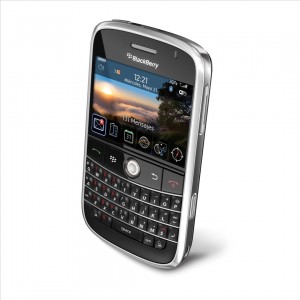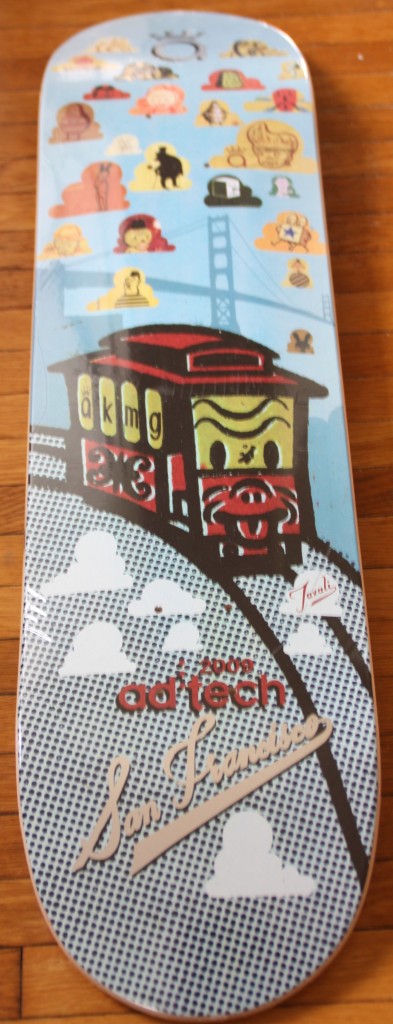In gearing up for SXSW, and with a panel proposal about creating WOW and standing out with STUNTS at SXSW, I was thinking about how companies can market at an event like SXSW. At SXSW, every night countless companies host parties – some are open to everyone, some have VIP sections and some are VIP only.
What struck me when looking at the parties and the “VIP” lists was that none of the companies seemed to focus on rewarding their customers. Instead, they rewarded a list of “influencers” that their PR agency put together, or their friends, or the fancy people of the moment, or whoever…..
The Blackberry Party

At a conference like SXSW, most tech-geeks consider Blackberry to be outdated. I wonder how many of the people on the list would ever even consider buying a Blackberry? Probably not very many.
Wouldn’t it have been cool if they rewarded their customers (who are most likely to spread word of mouth) vs. inviting random people?
It could have driven higher loyalty (everyone likes to be rewarded) and maybe even made some non-Blackberry folks wish they had one.
Non-Customers Don’t Drive Word of Mouth
The thing with rewarding non-customers, or inviting fancy people to your party but ignoring your customers is that non-customers can’t really provide you with a ton of marketing value (unless you think that you can turn them in to customers).
I usually don’t trust recommendations from people who don’t actually use the product. If you tell me I should use Gmail, but you are on Hotmail, I probably won’t trust your recommendation unless you have a darn good reason.
It is difficult for non-customers to organically drive word of mouth since they don’t actually use your product themselves.
Ad:Tech and Skateboards Generates Buzz and Rewards Customers

I later stopped by their booth, and it was the busiest booth at the show. People stopped by to talk to their sales staff in the hopes of getting a skateboard. Every time I walked by their booth, it was packed with their sales staff talking to potential customers. Everyone wanted to be a customer because of how well they rewarded customers.
The skateboards worked because they were large, they couldn’t be concealed in a bag so everyone saw them and they had a high perceived value.
The customers who got them were proud, and seemed to enjoy telling other people that they couldn’t have one if they weren’t customers.
BMW Gets it
Many years ago I was at the Toronto Auto Show and BMW was exhibiting there. In addition to showing off their cars they had a lounge. In order to get access to the lounge all you had to do was show them your BMW keys.
The owners felt special for being BMW customers and really enjoyed the extra touch. Non-owners were jealous and wanted to get in to the special section.
How Brands can Reward Customers at Conferences
In social media (and perhaps the offline world too) your existing customers recommending you is probably one of the best ways to get new ones. Conferences can be a great opportunity to reward your customers and make them feel appreciated, and valued, and even brag to their friends about how awesome you are.
Here are some things that I’d love to see brands do at conferences:
- Create High Value customer only shwag to hand out at their booth
- Customer only parties
- Show your product to get in to a VIP event
- VIP customer only section at the party
I speak at 20+ conferences a year, and very few of these show good examples of companies rewarding their customers.































Speak Your Mind